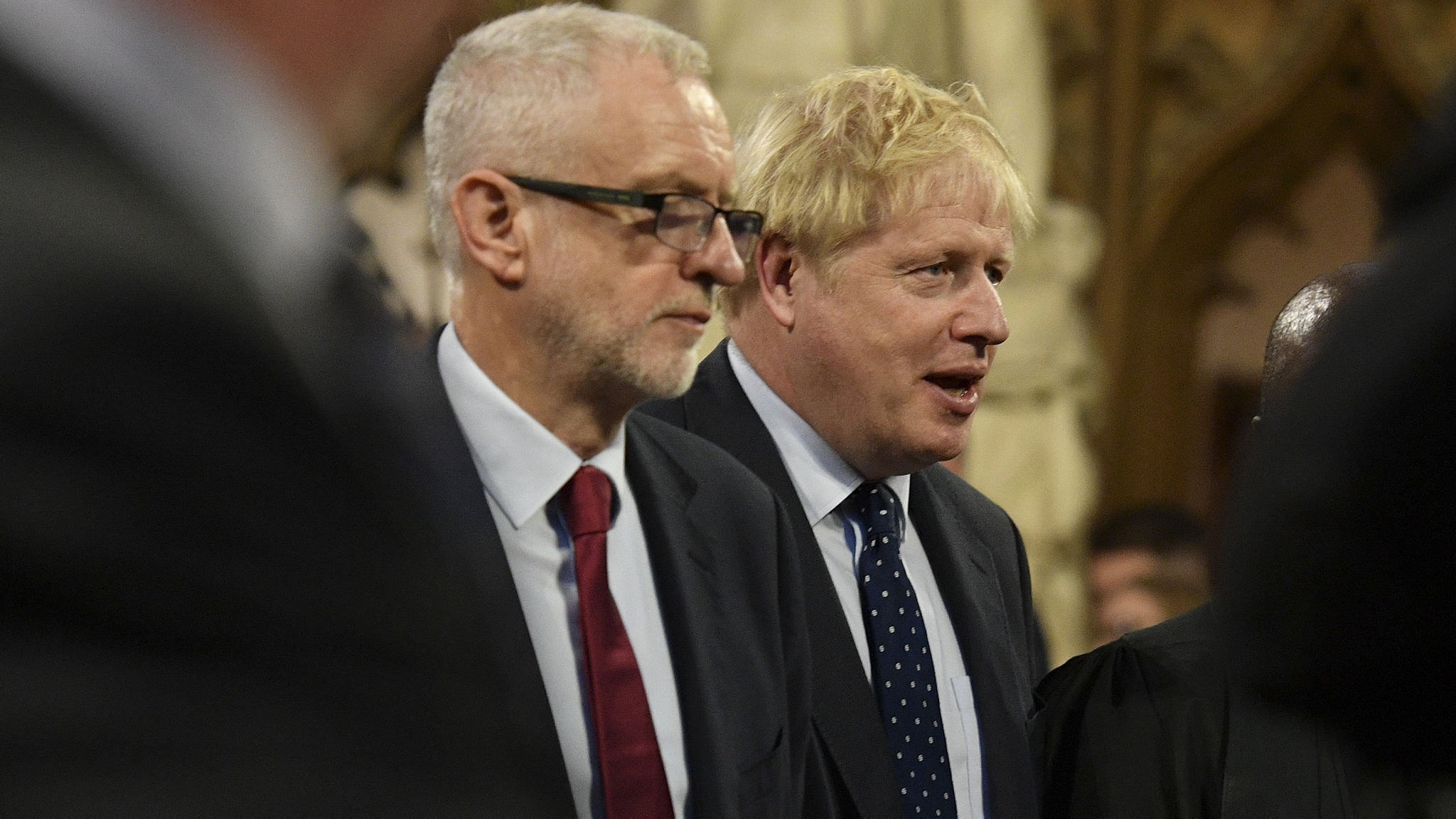British Prime Minister Boris Johnson, who has been working hard these days to bring British exit from EU to fruition, was able to achieve his primary goal of holding early parliamentary elections after several defeats. This election is important because the results can determine the fate of the Brexit to some extent.
In fact, after Labor Party leader Jeremy Corbyn showed the green light to Boris Johnson, despite early opposition, he was able to achieve his goal of holding early elections on December 12th. Now with the House of Commons approving, the bill must go to the House of Lords on December 12, and if it is finally approved, it will have to prepare for the next election in about six weeks. Thus the candidates will have one and a half months to launch a publicity campaign. This is the first time that elections will be held in the UK in December.
In fact, Boris Johnson succeeded in his fourth attempt to demand early elections, with 438 yes and 20 no votes after failing to fulfill his promise to leave the EU with or without a deal.
Some analysts believe there is room for the defeat of the Conservative Party and the victory of the Labor Party followed by coming to power of Jeremy Corbyn as Prime Minister. However, there are others, including Johnson, who see early elections as a means of consolidating the prime minister’s power. As Boris Johnson had said, by holding early elections, the Brits would have the opportunity to express their views on the fate of Brexit or the mechanisms of its implementation after the new government is formed.
However, if the Labor Party wins the election and forms the majority in the parliament, we will probably see a referendum again, as the party is believed to be the dominant wave of opposition to the UK’s exit from the European Union. If that is the case, the Labor Party will be more likely to win, so if it is led by Jeremy Corbyn, the winner of the early election is likely to hold a referendum on whether or not to stay in the European Union, as it also wants London to stay Britain in this union.
Boris Johnson, meanwhile, made such a request thinking that Britain was facing a crisis because if Johnson intended to implement the plan without Europe’s consent, he would face a major crisis and many things would remain uncertain. In fact, there are still many obstacles on the way of Brexit, including the reluctance of Scotland and Ireland to leave the European Union.
So even if Johnson wins again, he can only pursue the affairs more confidently, which does not mean that the obstacles to implementing Brexit will be completely resolved.
Moreover, the situation is unlikely to be in favor of Boris Johnson, because if the Conservative Party wins, naturally Johnson will take over as prime minister, he will have no choice but to leave the European Union. Pulling out of the EU also raises conflicts with Scotland and Ireland, as well as other issues with the EU, such as tariffs, labor force, joint ventures and issues that they have not been able to resolve in the past few years.
If the Labor Party led by Jeremy Corbyn wins, it will be much easier to deal with because it will solve both its internal conflicts and solve its problems with the European Union.
Thus, the course of events seems to indicate that Johnson, himself and his party, will face severe defeat.
Also, given the current situation in the UK, there were just two options ahead, either a referendum had to be held or an agreement had to be reached in parliament to come out of the situation, so the current agreement on early elections is the result of this approach.










0 Comments